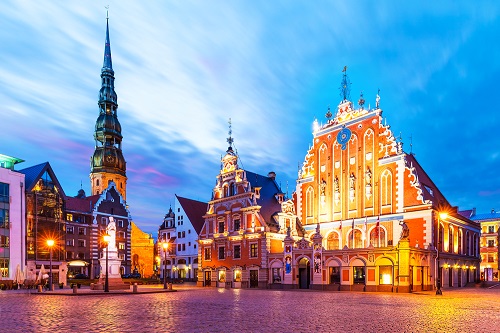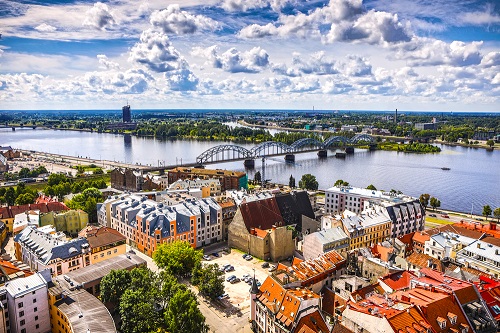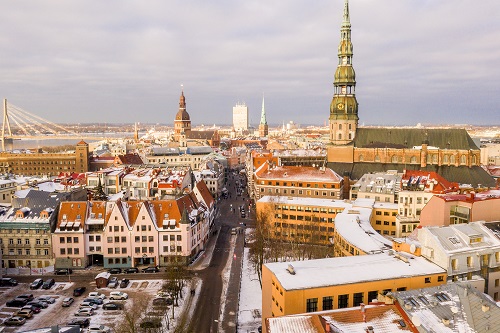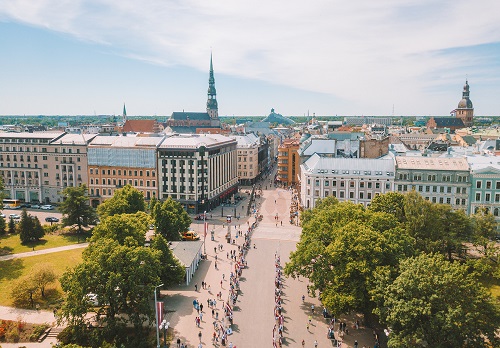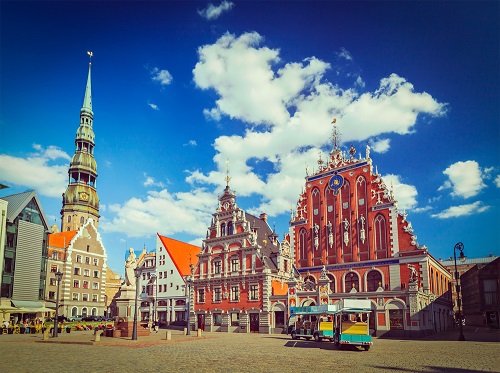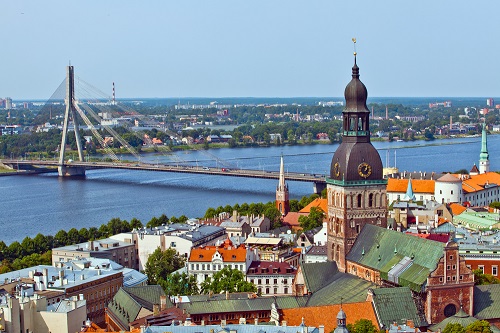What Quality Of Healthcare Can You Expect In Latvia?
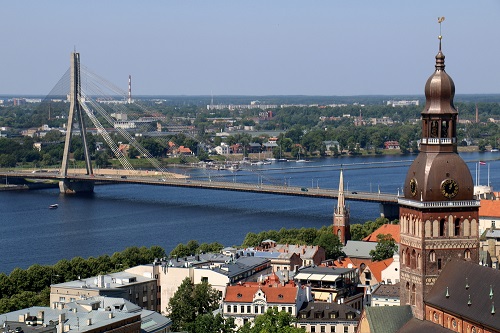
The Baltic state of Latvia has a two-tier healthcare system, comprising both public and private provision. If you are planning to relocate to the country, your employer should sign you up with the national health insurance scheme. However, some expats

